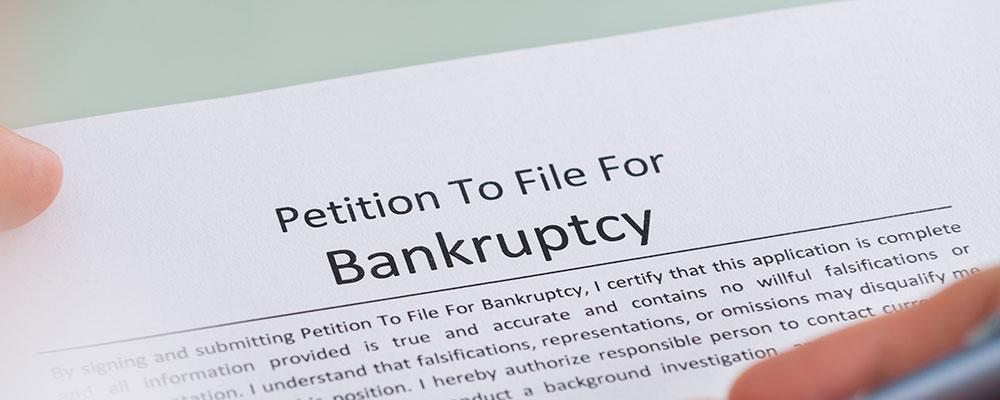Contact Us for a Free Consultation
 815-729-9860
815-729-9860
Do I Qualify for Bankruptcy?

Will County Attorneys Explain the Requirements For and Differences Between Chapter 7 and Chapter 13
There are two types of consumer bankruptcy: Chapter 7 and Chapter 13. Each type of bankruptcy has advantages and disadvantages, and the one that is right for you depends on your specific circumstances. To qualify for Chapter 7 or Chapter 13 bankruptcy, you must meet certain eligibility requirements.
Chapter 7 Bankruptcy Eligibility Requirements
Chapter 7 is commonly known as a "straight" or "liquidation" bankruptcy. Those who file can have most of their unsecured debt forgiven. This may include credit card debt, unsecured personal loans, payday loans, most civil judgments, and wage garnishments. There are a few types of unsecured debt that cannot be discharged through Chapter 7, such as student loans, child support, and most federal and Illinois state income tax debt. Chapter 7 is ideal for those who have a large amount of unsecured debt, low income, and few assets. This is the fastest and easiest way to get a fresh start.
Chapter 7 is not ideal if you have a home that you would like to save from foreclosure, because Chapter 7 eliminates unsecured debt. Home mortgages are secured by the property.
To qualify for Chapter 7 bankruptcy, you must not have filed Chapter 7 within the past eight years, and you must fall within certain income guidelines. In general, if your income is below the Illinois state median income, you most likely qualify for Chapter 7. If you earn above the median income, the means test becomes more complicated. In such cases, the court must determine if you have enough disposable income (income left over after paying your monthly obligations) to repay at least some of your debts. If your income is determined to be too high, you may not qualify for Chapter 7. If that is the case, you may still be able to file for Chapter 13 bankruptcy.
Chapter 13 Bankruptcy Eligibility Requirements
Chapter 13 is a debt consolidation plan that allows filers to repay their debts within a three to five year period through a court-approved repayment plan. The repayment plan often allows filers to pay less than 100% of what they owe. Chapter 13 is ideal for those who have enough income to pay at least some of their debts but need a more manageable monthly payment. Chapter 13 can also be used to stop home foreclosure and prevent auto repossession.
To qualify for Chapter 13 bankruptcy, you need to have income from a job, a pension, Social Security, or another source. You must also be an individual; a corporation cannot file Chapter 13. Having filed Chapter 7 bankruptcy within the past eight years does not bar you from filing for Chapter 13.
Speak With a LaSalle County Bankruptcy Attorney
Have further questions on whether or not you qualify for bankruptcy? We are here to help. At Scheinbaum & West, LLC, we have helped thousands of individuals and families who have gone through the same types of financial difficulties you are going through. We have over 35 years of experience and in-depth knowledge of the complexities of federal bankruptcy laws. We can help you develop the right legal strategy to get you on the path to financial stability.
For a free consultation with a skilled bankruptcy attorney, contact our office today at 815-729-9860.
We represent clients for Chapter 7 and Chapter 13 bankruptcy in Joliet, Will County, Bolingbrook, Plainfield, Naperville, Cresthill, Lockport, Homer Glen, Mokena, Ottawa, LaSalle County, and surrounding Illinois communities.
815-729-9860
3077 W. Jefferson Street, Suite 107, Joliet, IL 60435




